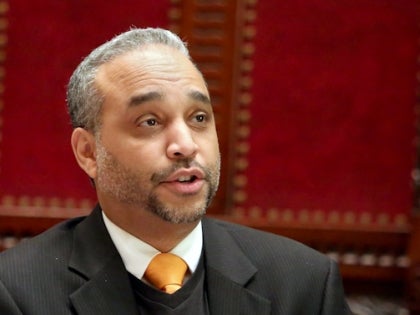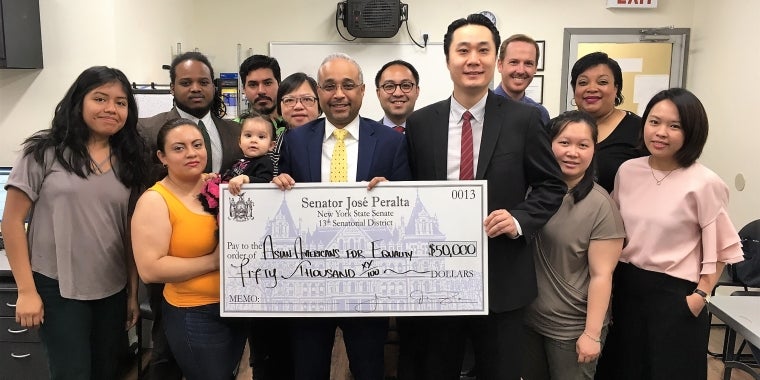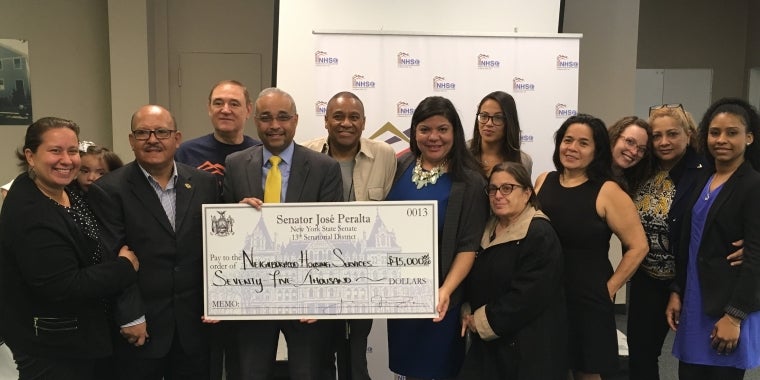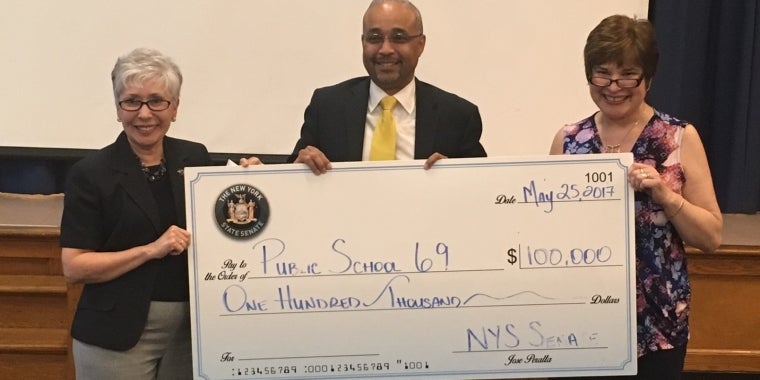
Senator Jose Peralta Unveils Legislation to Require Massage Parlors to Register with the Department of State
October 27, 2017
In an effort to tackle illicit activity and shut down establishments that are fronts for prostitution, State Senator Jose Peralta introduced a Senate bill S.6915 requiring massage therapy businesses to register with the New York Department of State. Through this proposal the establishments are mandated to apply for a four-year license, allowing consumers and the State to know which businesses are legitimate. Several states across the nation have adopted similar legislation, including New Hampshire and Hawaii.
“Simply put, this legislation intends to weed out establishments that serve as fronts for prostitution, and prevent their proliferation. These businesses, unfortunately, push human trafficking, so it is vital we ensure the victims, who are promised good jobs and good money, are not charged with anything and are able to get resources to get back on their feet,” said Senator Peralta. “This bill protects the good businesses from the bad ones, and it will close down the businesses owned by shoddy operators. I receive complaints from my constituents all the time. Some are walking home and are offered massages at 11, 12 at night, 1 in the morning. Who is going for a massage at those times? We need to act now. Let’s fight prostitution and assist the victims of human trafficking.”
Under the proposal, the licenses must be displayed by the massage therapy businesses in a visible location near the entrance of the establishment. Licenses will cost $60 and those who fail to register face penalties of up to six months in prison and $2,500 fines.
The legislation calls for the Department of State to work closely with the Department of Education to enhance existing laws relative to the practice of massage therapy and allow state agencies to examine the qualifications, education, and background of individuals applying for the licenses.
The proposal will authorize the Department of State to keep track of licenses using the same mechanism as it currently does for similar establishments, such as nail and hair salons.
related legislation
Share this Article or Press Release
Newsroom
Go to Newsroom

